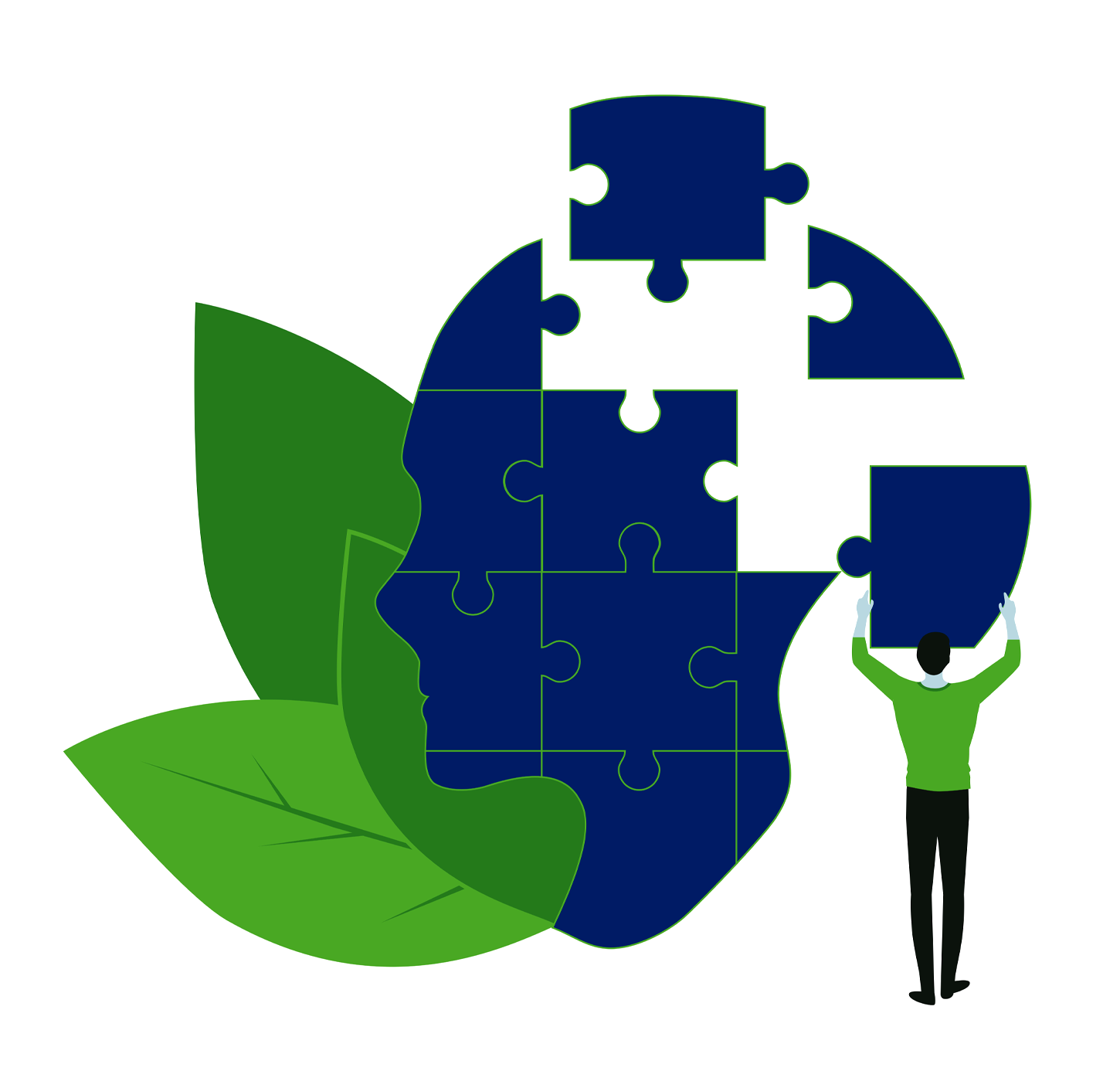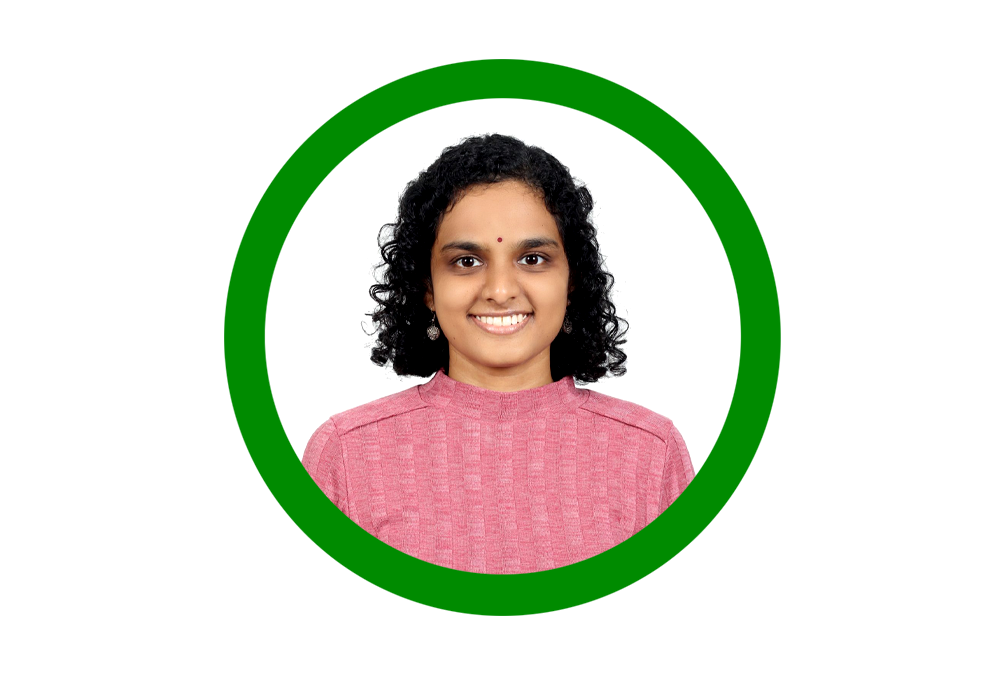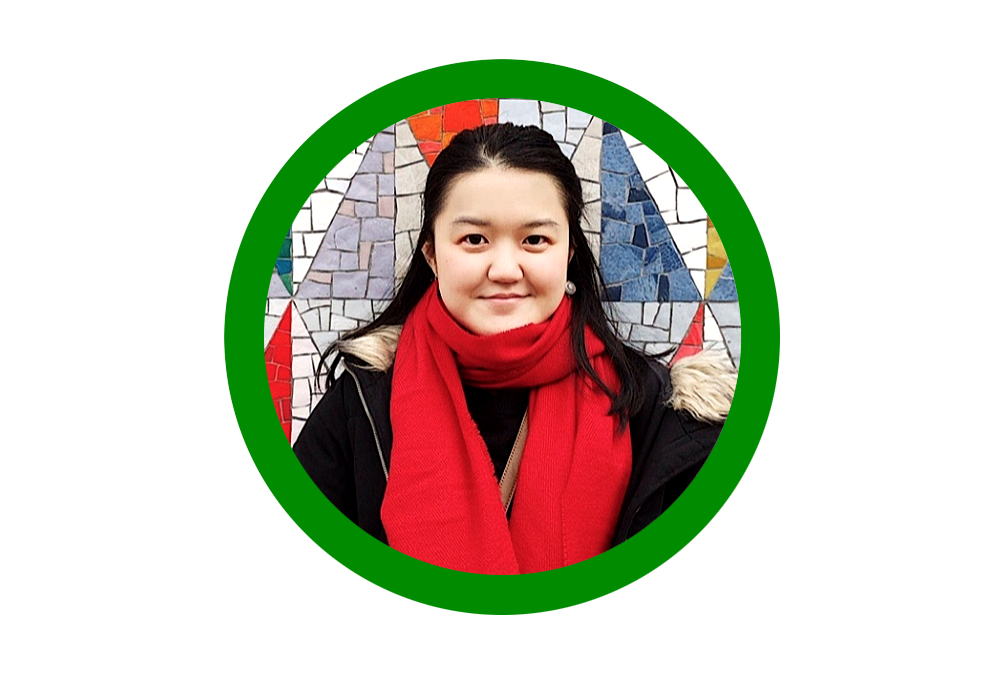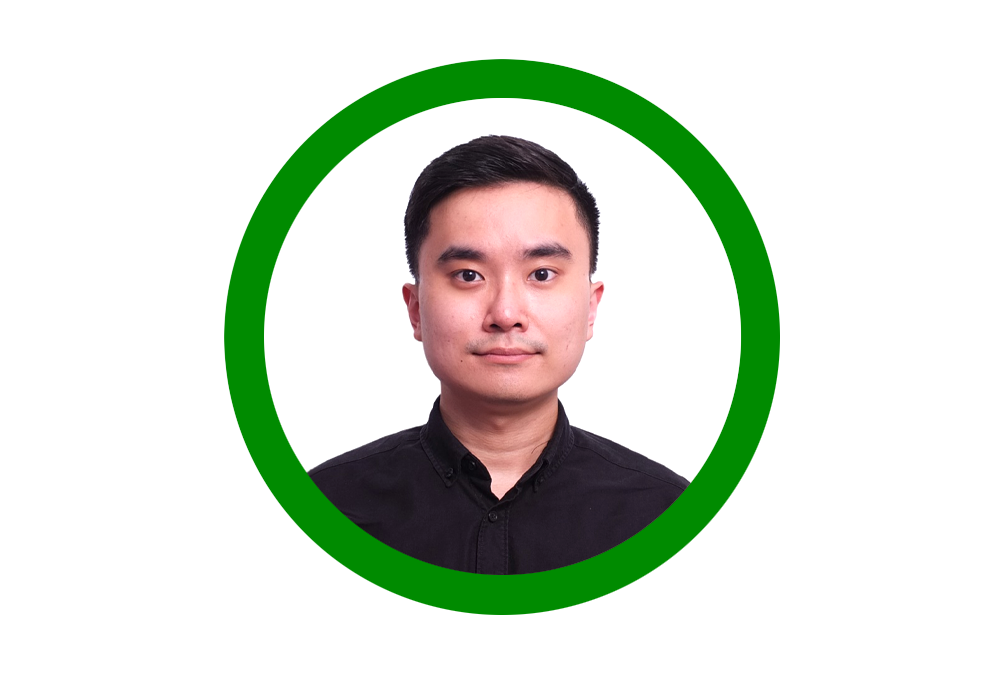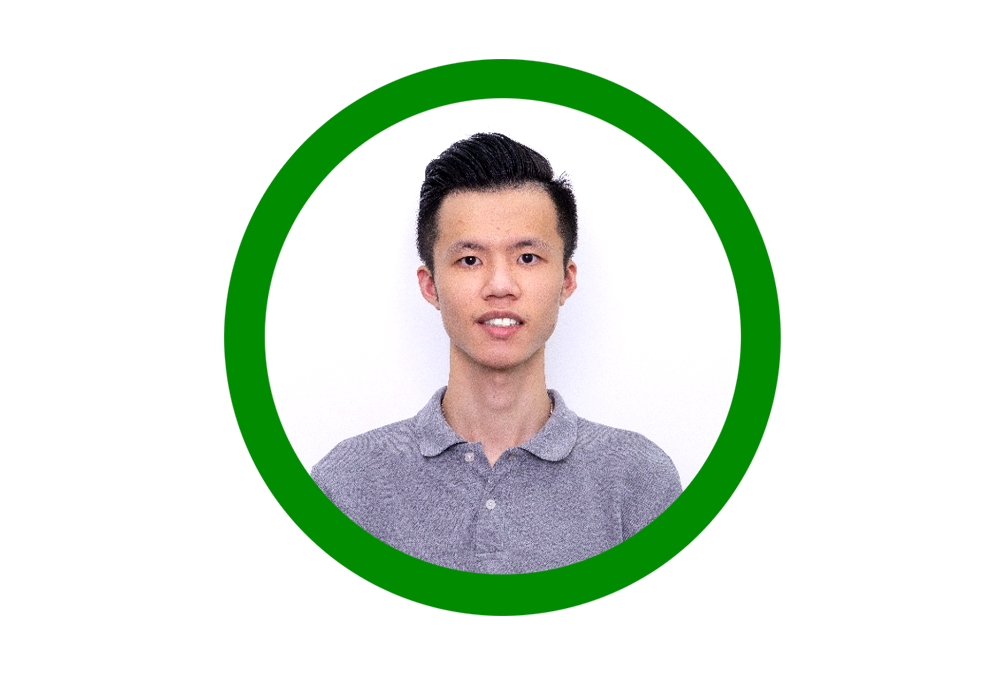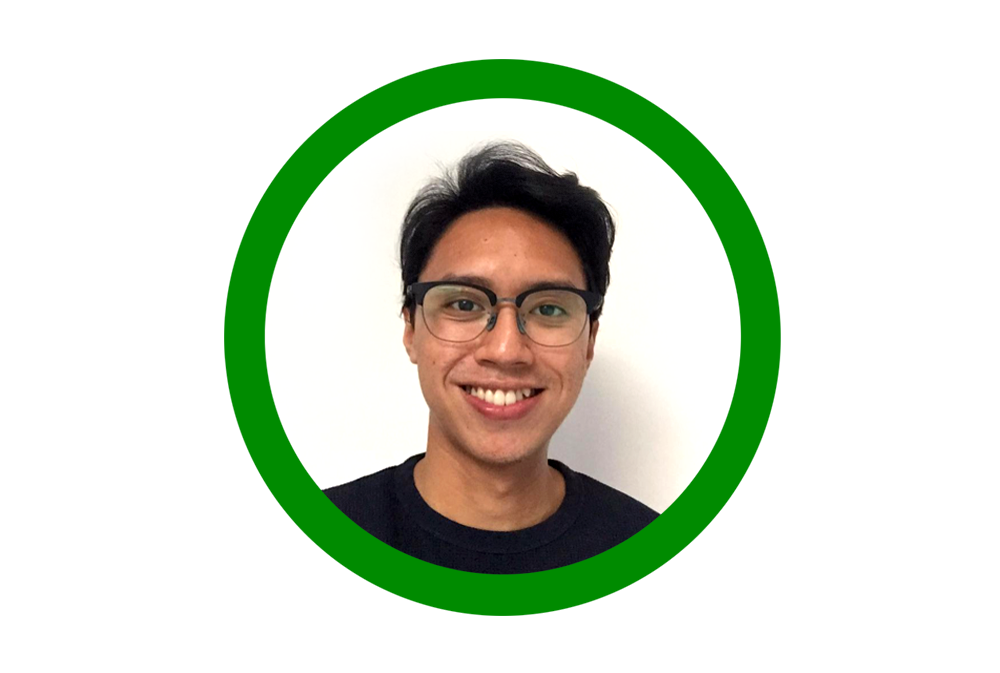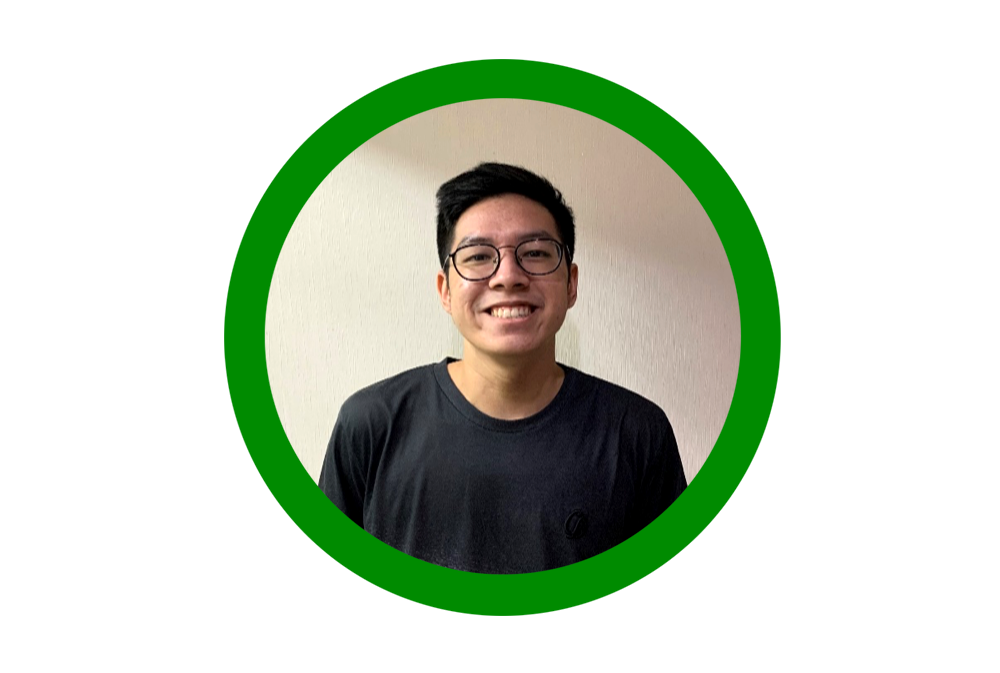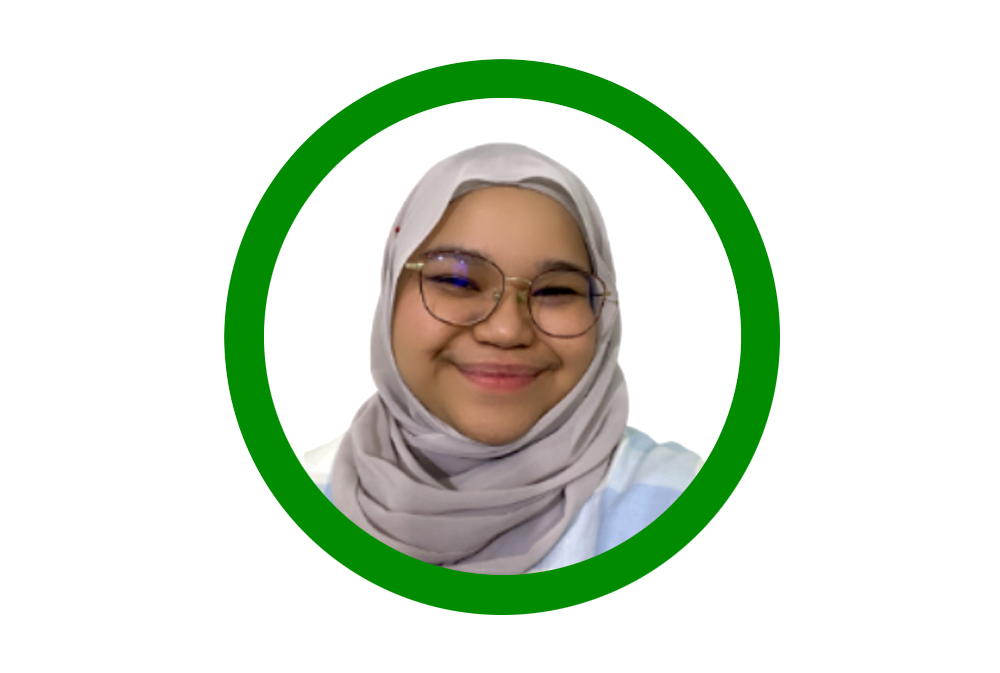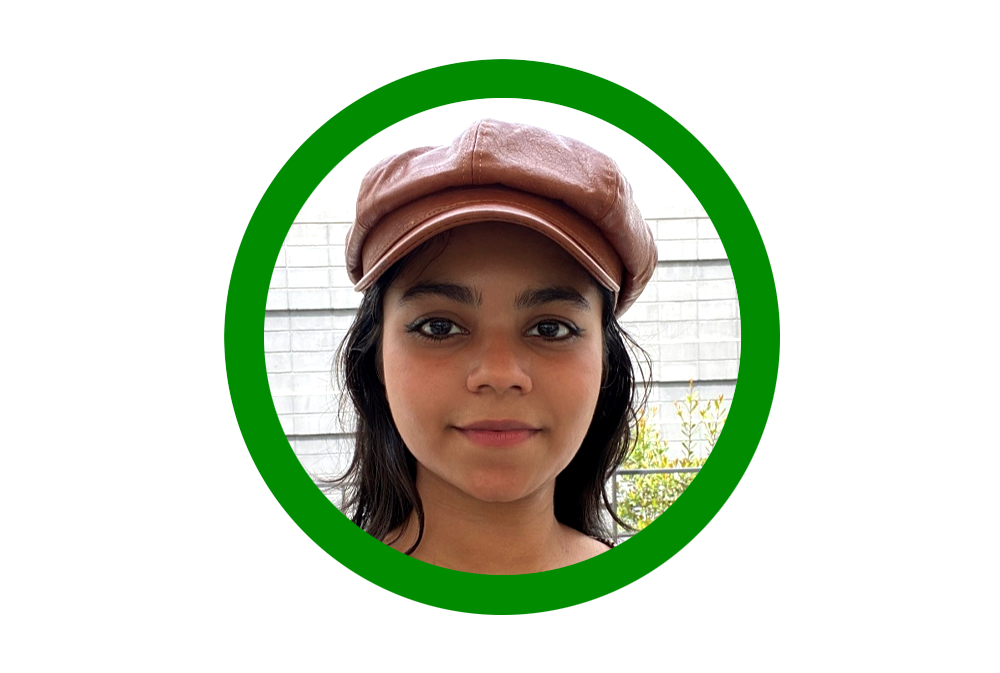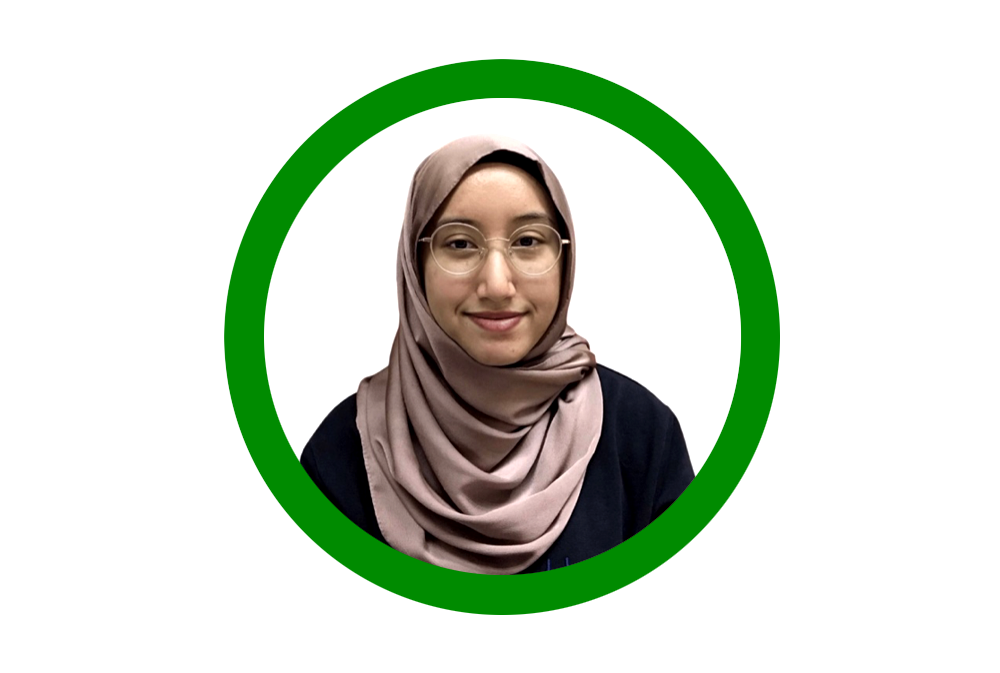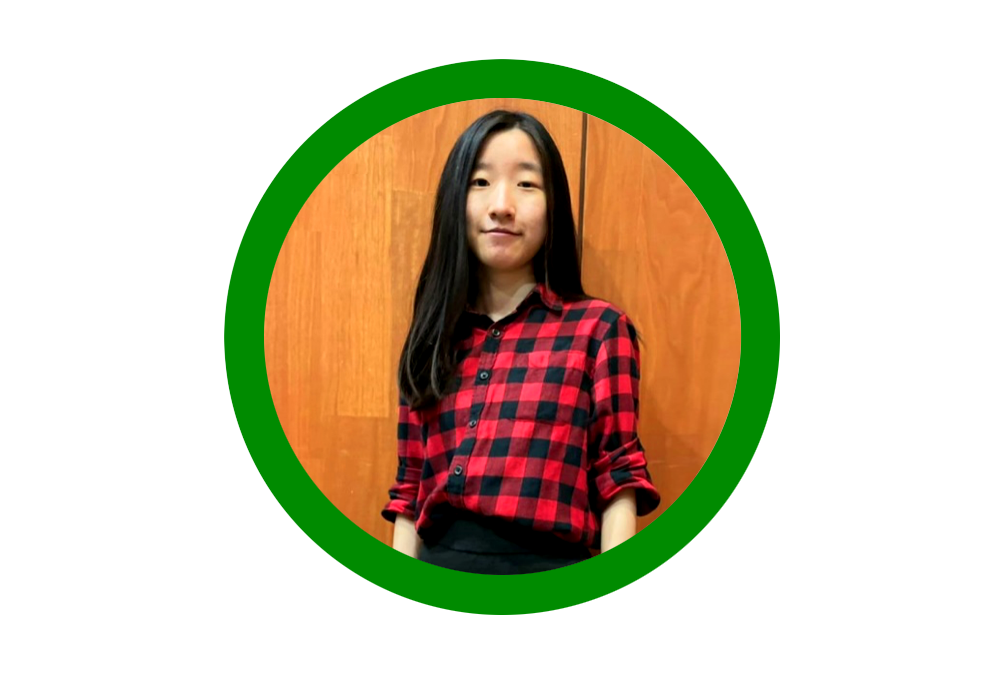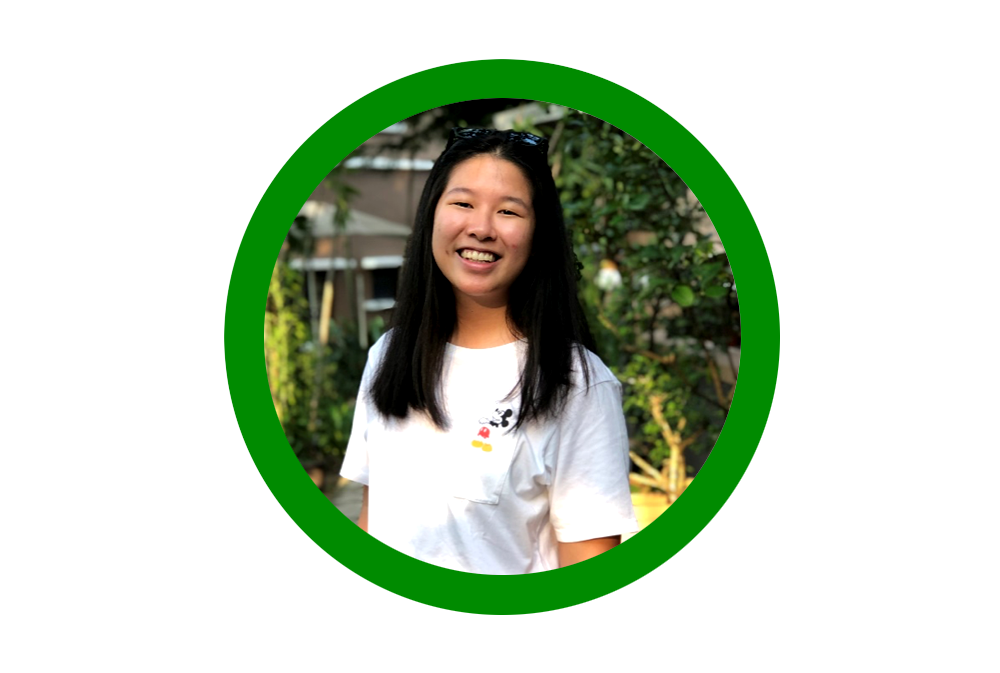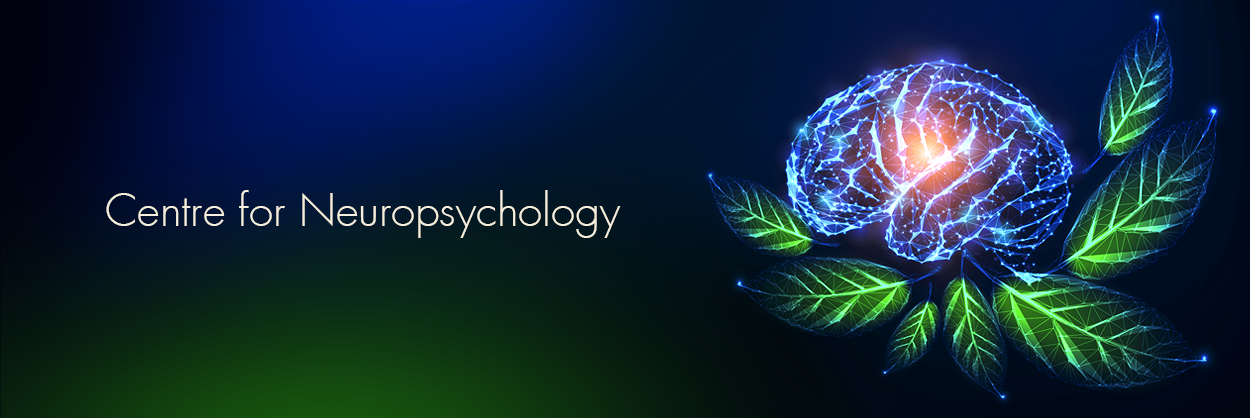
The Centre for Neuropsychology (CN) is yet another bold and inspiring initiative of the Department of Psychology at HELP University. The Department has been a pioneer in the field of psychology in Malaysia and the setting up of the Centre for Neuropsychology is another example of its pioneering efforts. This Centre will be the first of its kind in any university in the country.
Over the past eight decades, neuropsychology has been steadily growing in popularity and significance all over the world. Despite the growth, there are relatively fewer number of psychologists trained in this specialization than other psychology specialities. Similarly, in Malaysia, there are only a handful of certified practitioners to advocate and provide neuropsychology services. Likewise, professionals with a strong research expertise in neuropsychology are also limited in the country. Hence, the Centre is proud to have psychologists who are HELP Alumni with clinical and research expertise to move forward in this ground-breaking work.
Of note, the Centre’s clinical neuropsychology services will be led by, Dr A Padmassini, a Clinical Neuropsychologist and Clinical Psychologist trained in The University of Queensland, Australia. The Centre’s research-based activities will be spearheaded by Ms Lai Ho Yan (MSc Cognitive Neuroscience with Distinction from the University of Sussex, England) and Mr Tan Ze Wei (MS Principles of Clinical Neuropsychology from Bangor University, United Kingdom) who are both lecturers at the Department of Psychology.
This is a field dedicated to understanding the relationship between brain functions and behaviour. Individuals with brain-based disorders may develop difficulties with their thinking skills (e.g., attention, memory, learning, and problem solving), behaviours, social skills, and emotional functioning. Research in this field endeavours to study the relationship between these brain functions and day-to-day behaviours/actions for not only brain-based disorders but also healthy brains. This helps to develop theoretical models and provides evidence-based techniques for clinical work.
In Clinical Neuropsychology, the difficulties in brain functions are comprehensively assessed, given a diagnosis (if needed), and treated according to the needs of individuals based on their identified strengths and limitations. Clinical neuropsychologists who provide these services are extensively trained in brain’s anatomy and functions as well as psychological concepts. This gives them an advantage of being able to piece together the various puzzle pieces of information and to form a comprehensive understanding of an individual’s story.
With the aim of understanding the individual, clinical neuropsychologists will gather information through interviews, cognitive testing, psychological testing (e.g., mental health or behaviour questionnaires), medication review (if any) and review of radiology reports (if any). The information obtained will be used to develop an individualized treatment plan that can target areas of need while taking advantage and incorporating the individual’s strengths in the treatment. As brain functions are necessary for all daily living activities, clinical neuropsychologists are trained to serve individuals across the life span (i.e., from children to older adults).
To continuously grow and contribute to the field of neuropsychology and the Malaysian society with evidence-based services.
To make neuropsychology services beneficial to all with the aim of developing a healthy lifestyle that enables people to reach their goals in life.
Dr Padma is a Clinical Neuropsychologist and a Clinical Psychologist who graduated from the University of Queensland, Australia. She currently works as a Senior Lecturer (for Master in Clinical Psychology program) at the Department of Psychology in HELP University. She also supervises clinical psychology trainees and postgraduate thesis students.
As a clinician, she has worked in Australia with individuals from diverse cultural backgrounds and age groups in various clinical settings such as the Rehabilitation Unit (Logan Hospital), Department of Neurosciences (Princess Alexandra Hospital), Fetal Alcohol Spectrum Disorder Clinic, and Grevillea Older Adult Mental Health Unit (Princess Alexandra Hospital). She was also associated to the University of Queensland’s Centre for Clinical Research, where she had the opportunity to work with individuals who were diagnosed with Parkinson’s disease. Furthermore, having had the chance to work in multidisciplinary teams, she understands the importance of collaboratively working with medical and allied health professionals to provide wholesome care for individuals. As a psychologist with dual specialization, she actively integrates both fields to enable individuals to achieve their goals in life.
Ho Yan is currently a lecturer at Department of Psychology in HELP University. She has graduated with Distinction in Cognitive Neuroscience from University of Sussex, England. Her main research interests include visual cognition and colour psychology. As a lecturer, she lectures on undergraduate courses in Cognitive Psychology and Colour Psychology. She also supervises undergraduate thesis students, focusing on cognitive psychology topics.
Ho Yan is intrigued with workings of our mind and eyes, especially in colour perception. For her postgraduate dissertation, she worked with researchers from Sussex Colour Group to investigate if our brain could adapt to drastic colour changes in our visual environment. Her passion for colour studies continues as she has also developed an undergraduate-level elective course specialising in colour psychology.
Currently, she is part of research projects focusing on visual health and visual memory. She is collaborating with researchers from University of Sussex and University of Essex to study experiences of visual discomfort that are potentially caused by unnatural patterns in our urban environment. Additionally, she is also involved in a research project together with other colleagues in the faculty investigating if virtual reality (VR) as a tool can be used to promote improvements in visual spatial memory.
Moving forward, Ho Yan aims to conduct more research in understanding our visual and colour perception and testing virtual reality (VR) as a potential tool for future cognitive research.
Ze Wei is a lecturer in the Department of Psychology. He graduated from Bangor University with distinction in MSc Principles of Clinical Neuropsychology. During his MSc period, Ze Wei volunteered in various programs, such as Leap into Literacy “LEAPS”, an intervention program that aims to increase the literacy rate among children who may suffer from learning difficulties like dyslexia. He was also involved in a memory research study to pilot a research paradigm that tests the binding function under the working memory for his thesis.
Ze Wei is currently teaching subjects such as Biopsychology and Introduction to Neuropsychology. He is interested to learn and understand the human brain from a Biological perspective and disseminate this knowledge to the students and educate them about cognitive functions and brain disorders. He is also interested in cognitive-related research areas, such as memory and attention, in order to discover the underlying mechanism of these functions.
Graduated with Bachelor of Psychology (Hons), currently working as a special education teacher.
Presley is a teaching assistant in HELP University, with a bachelor's degree in Psychology (Hons). He is involved in research pertaining to neurocognitive outcomes of patients with brain tumors, mental wellbeing of caregivers, and mental health literacy in Malaysia.
Currently still pursuing 2nd year bachelor's degree in Psychology at HELP University.
Brief detail: I am Rina, a second-year Psychology student on a journey of exploring multiple learning opportunities in the Psychology field, specifically clinical psychology and clinical neuropsychology. My current interests within clinical neuropsychology are understanding learning (i.e. learning difficulties, learning styles), and different disorders or challenges that come with the brain as we age. I also hope to gain a new understanding of the complex yet fascinating relationship between our brains and our behaviours.
Brief detail: I am currently completing my final year thesis on psychological wellbeing, while developing my interests as an academic research trainee under the Center for Clinical Neuropsychology and an intern under the Centre for Mental Health & Wellbeing. My main interests lie in clinical neuropsychology, perinatal mental health, forensic psychology, horticulture, and wellbeing.
Brief detail: A neurodivergent penultimate year Bachelor of Psychology (Hons) student with an interest in psychological research, accessibility and inclusivity in mental health services, and digital content creation.
Brief detail: I am in Year 2 Sem 1 Psychology student. I am currently interested in how the brain and thinking processes work in criminals and serial killers. I am also interested in designing and finding new knowledge in depth on a certain topic that I am looking into, and which I hope to gain from being part of the Neuropsychology Team with the amazing people in it.
Brief detail: A second-year psychology student at HELP University, interested in neuropsychology, and looking forward to gaining new knowledge and experience through working with the excellent CN team.
Brief detail: Currently a second-year psychology undergraduate student at HELP University, with an interest in all things psychology and engaging in impactful work.
Copyright ©2022 HELP University Sdn Bhd
Company Registration Number: 198201005211 (84963-D)
MOHE Approval Number: DU028(W)
DISCLAIMER: HELP University shall not be liable for any loss or damage caused by the usage of any information obtained from this site.
